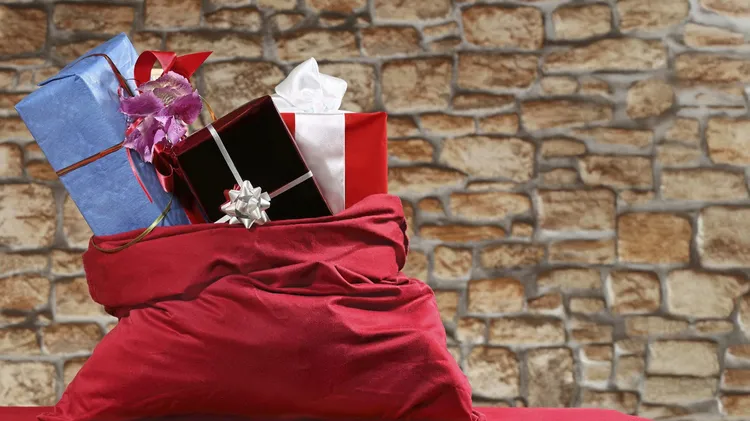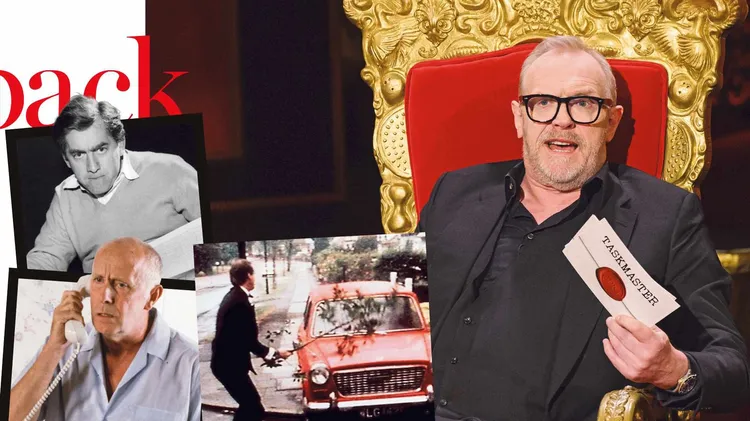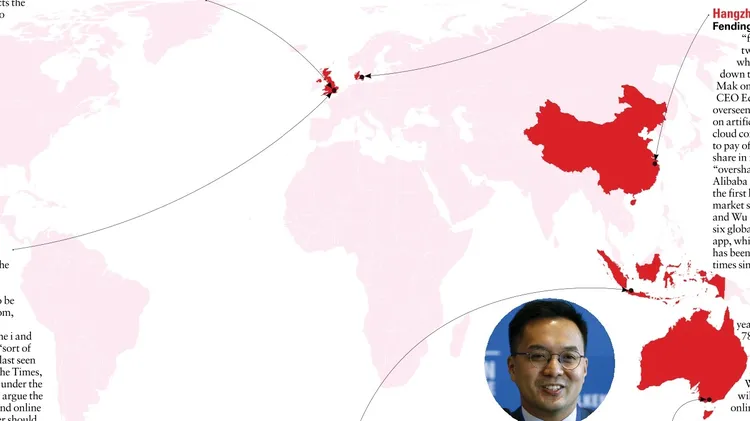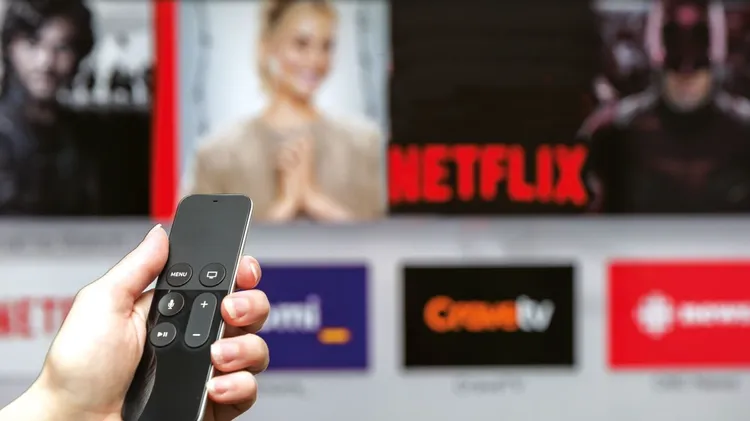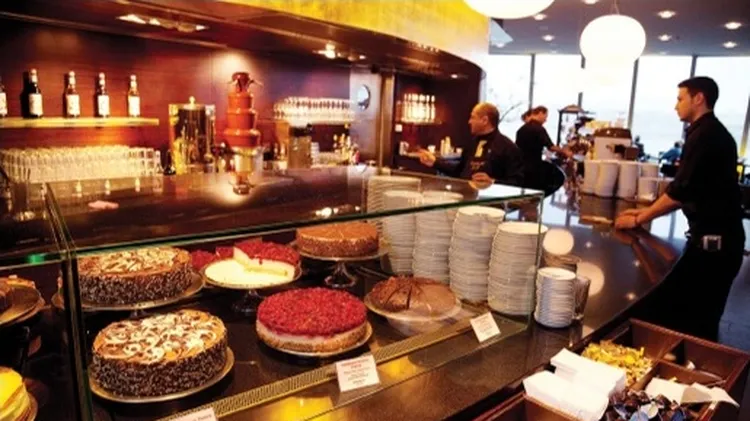The Woman’s Owncolumnist has her say on the BBC, AI and chatbots
Dawn neesom mind of my own
4 min read
This article is from...
Read this article and 8000+ more magazines and newspapers on Readly

